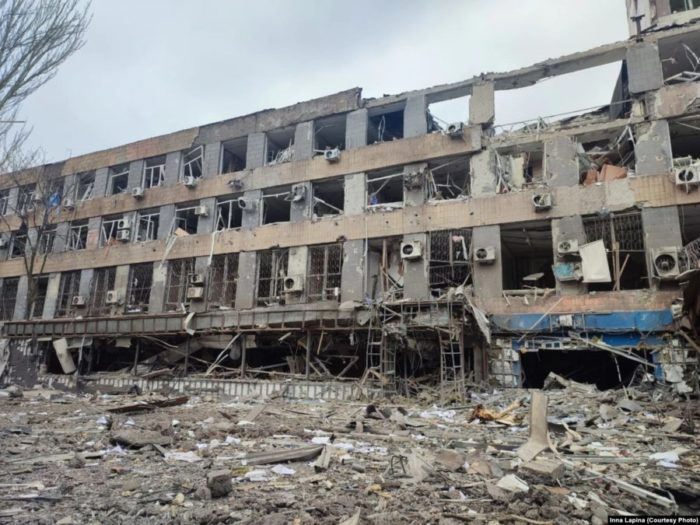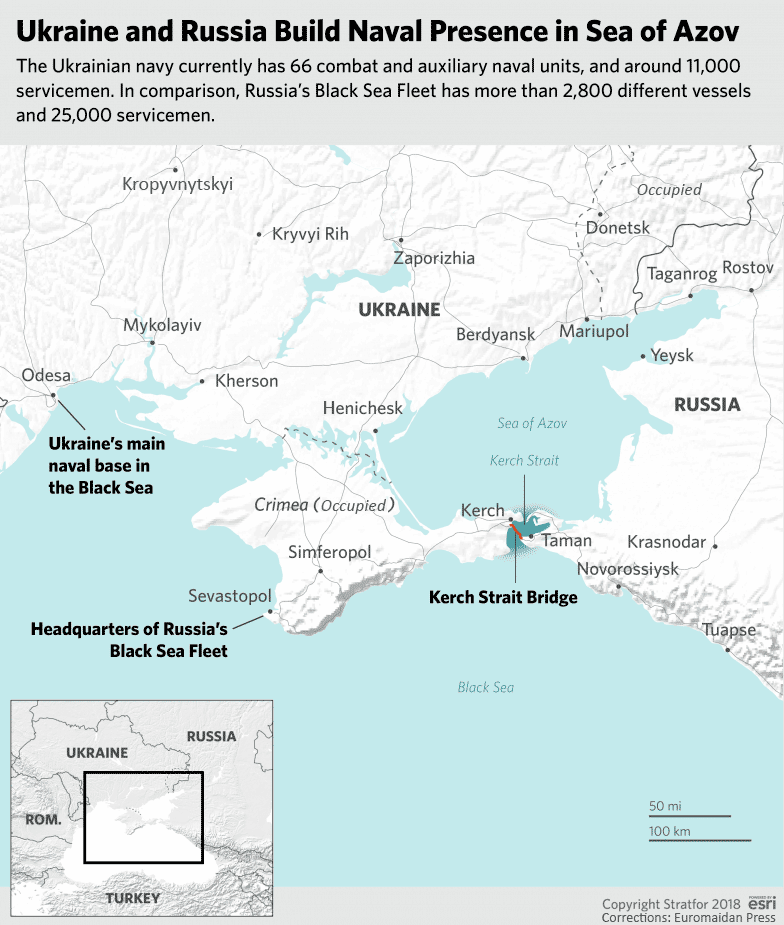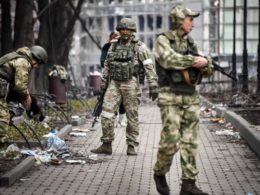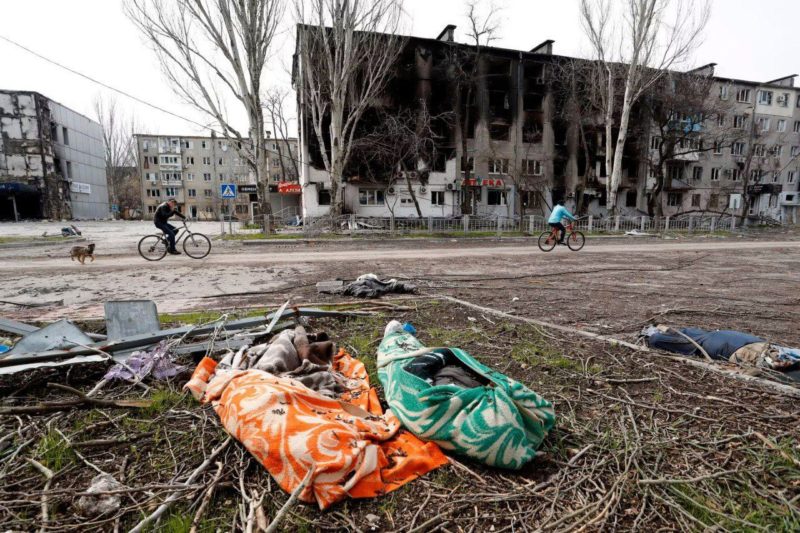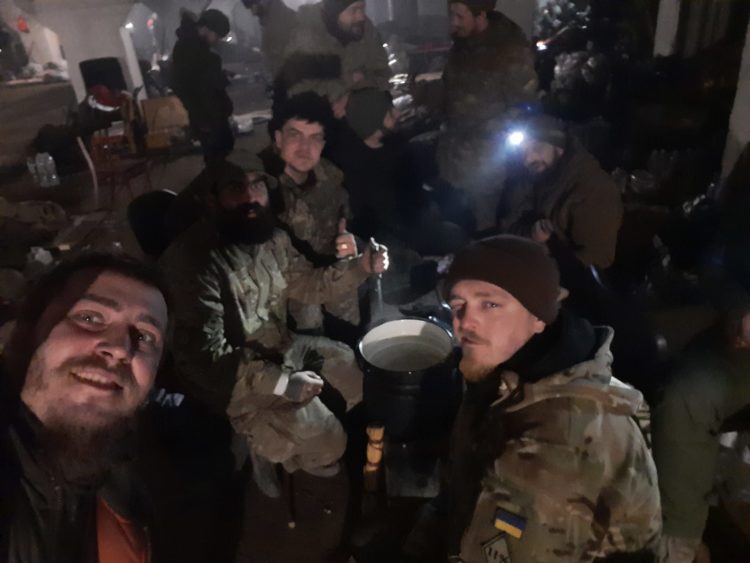The woman says that they left Mariupol at their own risk, not waiting for the "green" corridors or a ceasefire because staying in the city would mean death. You can also die on the way out, but there is at least a small chance to escape. Those who now remain in the city have almost no such chance.
This is what Maya told.
We used to live on Troitska street (on the western end of Mariupol, - Ed.). The last week was pure horror and hell. The bombings were going on practically non-stop. In various ends of the city. Not a single house remained intact around us.
Russia disrupts humanitarian convoys and evacuation from the war zone in Ukraine
When we went outside in the morning, we saw that a bomb fell on the neighboring house, no. 51. It completely ruined it. There were rocket hits on the neighboring house on the other side of ours. We then quickly packed our things and drove towards the Moryakiv settlement (a neighborhood at the southwestern exit from Mariupol, - Ed.). They bombed a day before and it was temporarily quieter.
When we left home, we found out that three shells at once hit our house. We spent that night in the Moryakiv settlement at my friend's, and on the morning of 14 March, we got into our car and went out of the city.
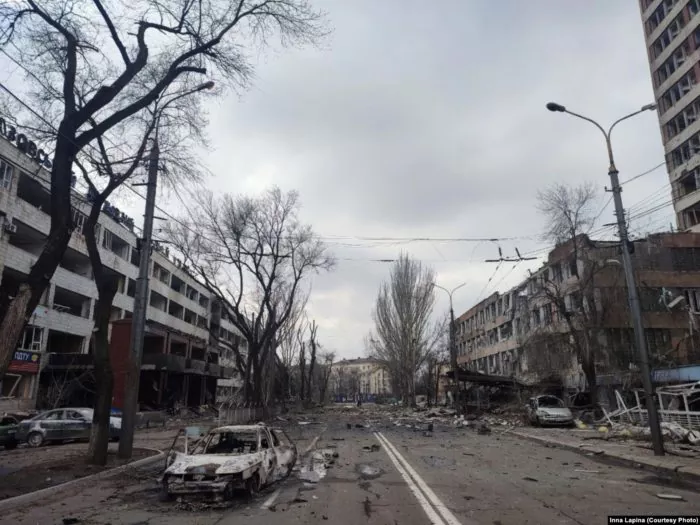
On the morning of 14 March, we left Mariupol.
We set off from the Moryakiv settlement, through Portivske, Melekyne, and further to Berdiansk. Russians were already at Shyroka Balka.
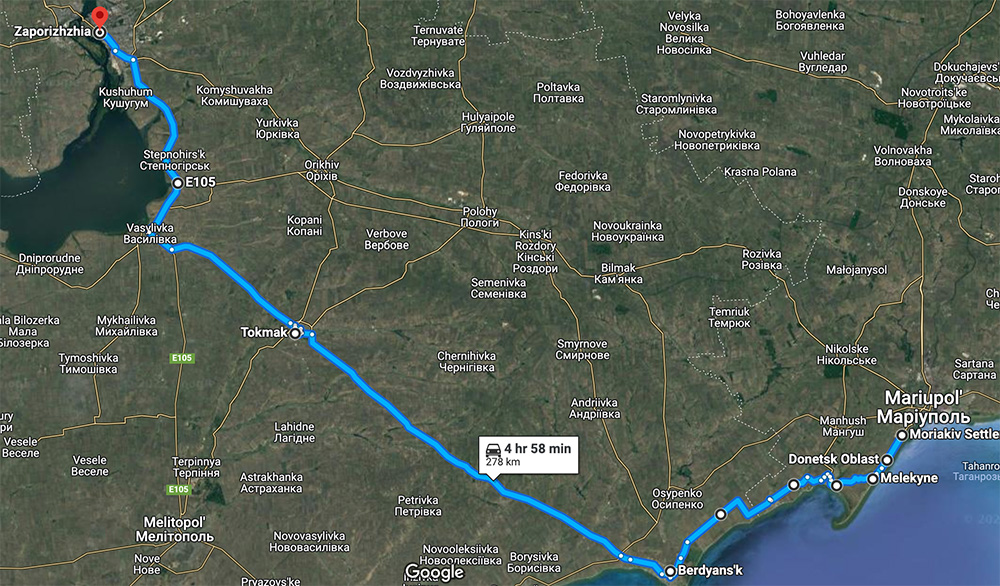
We reached Berdiansk without any problem. There was a mined area near Melekino, the mines were clearly visible, we turned around them across the field. But further on we moved just fine. We got to Berdiansk without much difficulty. But we decided not to enter the city. We were afraid that we might get stuck there, that they would not let us out. So we moved on.
The information on the route safety was available only through word of mouth. We were told that there were hostilities on the Zaporizhzhia highway, so we didn't proceed in that direction, but moved towards Tokmak.
We also got to Tokmak relatively fine. There was no shelling. There are Russian checkpoints everywhere. I'd say right away that they didn't mock us, spoke without rudeness with a couple of exceptions.
They inspected the car, checked the documents. Some even asked, how is the “Pentagon” (the popular name of one of Mariupol's districts, - Ed.). Well, that is, at some checkpoints there were locals. Young guys.
Most difficulties began after Tokmak because no one really knew where we should go. We headed to Kamyanske. The bridge turned out to be blown up there, but there was a bypass across the field. It's scary because the field is mined. But there were run-in tracks that you should strictly follow.
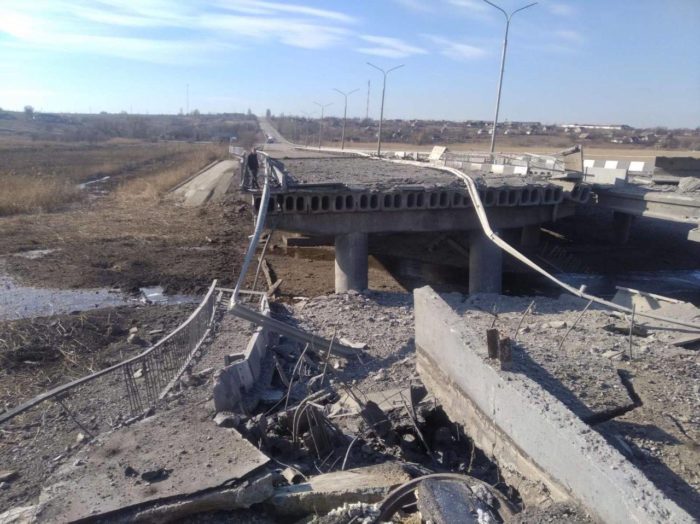
Behind Kamyanske we found a Ukrainian checkpoint. They didn't let us through right away. Everyone there was very much surprised that we left Mariupol. While checks were going on, a battle started.
We spent an hour and a half there on the road and once again said goodbye to life silently because Grad rockets were flying over us, bursts of small arms were heard. My daughter had a breakdown, started to breathe heavily, I was afraid that her heart could not stand it.
But then the fighting subsided, crews of the patrol police approached us, and then they escorted our convoy all the way to Zaporizhzhia. So after Kamyanske, our way was calm. It took us 11 endless hours to get to Zaporizhzhia.
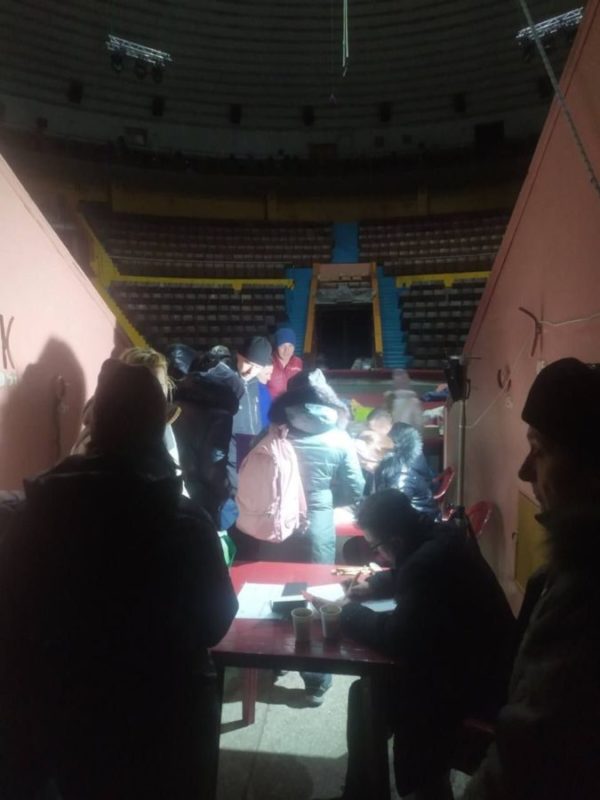
In the city, they took us to the circus building. They welcomed us, provided a meal, and started to choose the sleeping accommodation for us. In different places. My daughter and I were in a kindergarten. For the first time in two weeks, we were able to sleep. Today we moved on, to a safer place.
On 15 March, some 20,000 people managed to leave Mariupol on private cars along the humanitarian corridor. Out of about 4,000 cars that left the besieged city, 570 managed to reach Zaporizhzhia before nightfall, according to Kyrylo Tymoshenko, Deputy Head of the President's Office.
Meanwhile, on the 10th day of its 250-kilometer trip, the humanitarian convoy first sent from Zaporizhzhia to Mariupol on 6 March hasn't reached its destination and remains in the Russian occupied territory.
Read more:
- War in Ukraine, day 20: Temporary lull; Ukraine repulses attack on Mariupol
- Russia disrupts humanitarian convoys and evacuation from the war zone in Ukraine
- “I understand that this is genocide.” Oleksandr, 34, Kharkiv
- Russia escalates air strikes amid stuck land operation, Ukraine asks for air defense
- Is Russia preparing to attack Mariupol by blockading Ukrainian Azov Sea ports? (2018)

